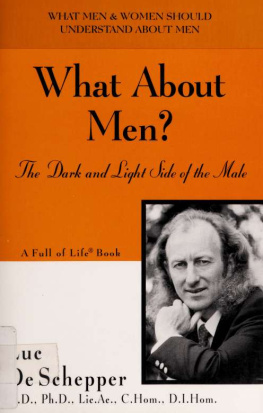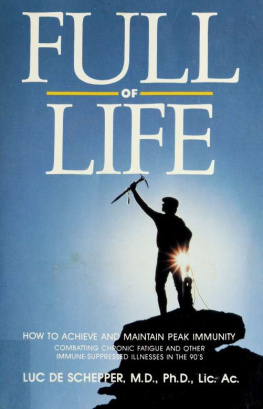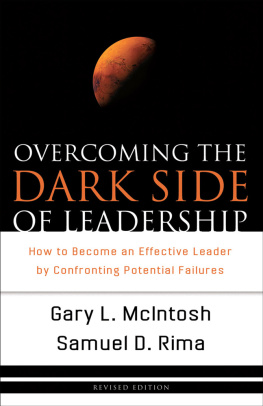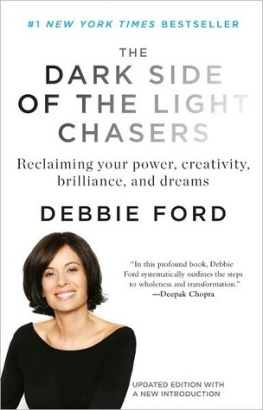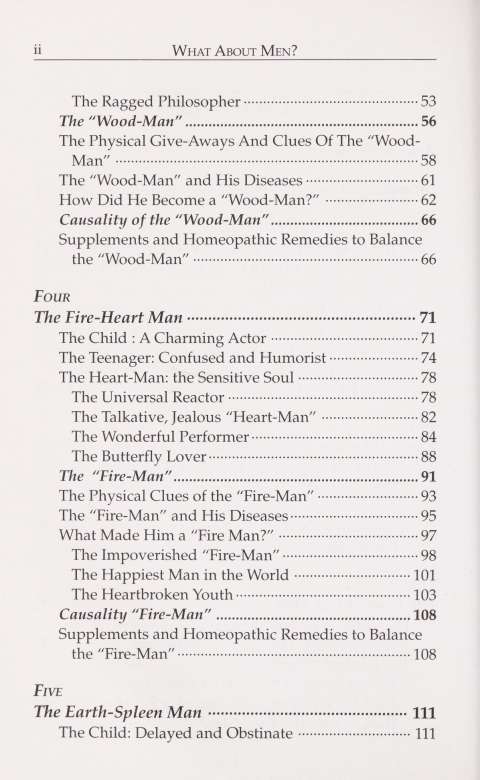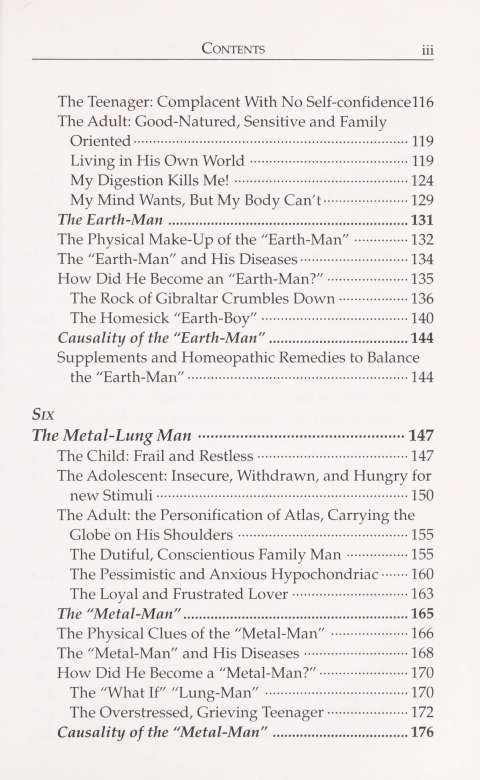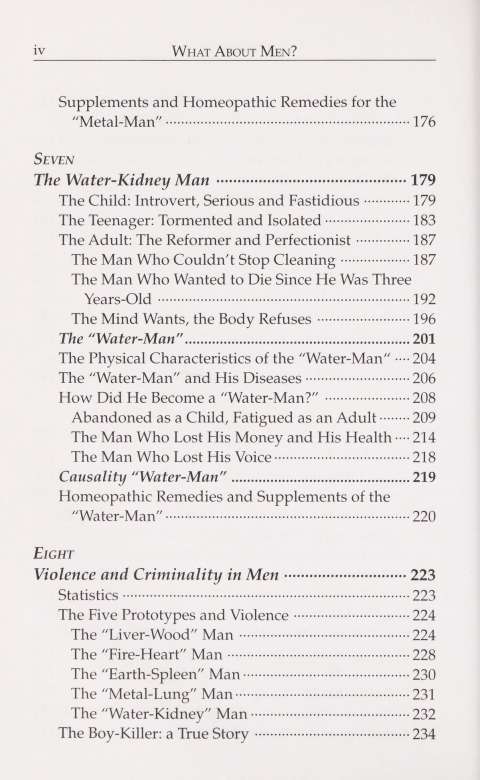This book made available by the Internet Archive.
Acknowledgments
I want to thank my wonderful wife Yolanda for reading the manuscript and giving me insightful advice. It was a pleasure to work with John and Regina of Word Graphix in Santa Fe, New Mexico, who made sure this book looks as nice as it does. The real heroes are the innumbrable amount of men and women who have confided in me over all these years, who have divulged their deepest pains and who made me a better doctor.

M.D., Ph.D., Lie. Ac., C.Hom., D.I.Hom
Digitized by the Internet Archive in 2017 with funding from Kahle/Austin Foundation
https://archive.org/details/whataboutmendarOOdesc




Introduction
I can't leave him now. He needs me more than ever. The only way I can show him my love is to take care of him.
When Joan, 42 years-old, first came to see me she was suffering from scleroderma. She looked haggard and tense with a mask-like face so typical for this auto-immune disorder, and complaining of all its symptoms. She was over fatigued, had joint stiffness with muscle weakness, and suffered from heartburn and pressure on the esophagus due to the progressive nature of her disease. Her skin was dry and hard, she was craving sweets and pastries, and woke up every morning with a hangover feeling. As a Realtor she suffered from performance anxiety and had memory blocks during exams and public speaking. When she had married Paul 17 years ago, she was a very ambitious woman, outgoing, radiant, slender and graceful with arresting, sparkling eyes, plenty of self-confidence and dressed in the latest fashions. Yet, when I first saw her, her eyes looked dull and her limp handshake reflected a lack of self esteem and confidence.
The decline of Joan's health appears to have started four years ago when a series of family mishaps occurred. Looking for the triggering factor of her disease, Joan was not going to shift responsibility to some one else.
Really, my husband is wonderful. He is introspective, can be very charming, and is very intelligent. He never forgets my birthday and goes to the children's soccer
What About Men?
games. I guess I am not able to do enough for the family.
She told me that Paul was very successful in everything he wanted to do, and in spite of a busy schedule, used to have always time for his children.
I guess, everyone in the neighborhood envied us. Paul is very good-looking, always showed great respect for me and has a romantic nature. He would bring flowers home for no special reason and surprised me with idyllic dinners out. He was the man made in heaven.
As I listened to Joan, it was hard for me to imagine why someone in such happy circumstances would look as pallid as she did. Obviously, she did not tell me everything. As a physician trained in alternative medicines, I am always looking for the cause and effect of each illness. So far, nothing in Joan's story would explain to me this auto-immune condition that seemed to have come on like a vengeance and destroyed not only her outer beauty but her soul as well. There was a complete contradiction in what I heard and what I saw. What changed such a successful career women, a go-getter, into a fearful, low self-confident person?
I pressed her gently to tell me some more about the year that "was the worst one in her life." It had clearly been the turning point not only for her, but for the whole family as well.
My husband never thought it could happen to him. He always succeeded in everything
Introduction
he wanted to do, and money was always plentiful. But that year he had put everything on the wrong horse. The business failed, and we had to sell our house. I could have lived with all this were it not for my husband's behavior. I always perceived him as the Rock of Gibraltar, self-confident, cocky and witty. But from the first crisis moment, he fell apart and suffered a tremendous nervous breakdown.
Joan began to cry as she continued talking about what she recalled as her most heartbreaking days. It had nothing to do with the material loss but much more with the ruin of the perceived image she had of her husband.
I never thought he could fall so low as to attempt suicide. I became the sole caretaker of my husband, the failed business and the rest of the family. To make matters worse, some unresolved conflicts between my eldest son and my husband came to a head.
I was constantly pulled between these two forces and any choice between the two would have been devastating to me. As it was, I could not prevent my son from leaving home that same year. I was devastated. I guess I failed as a mother because I couldn't keep the family together. I have never been the same since.
As I listened to Joan, somehow her story hit home. Her plight was so similar to many others I had heard in my 25
What About Men?
year career as a physician. There was no doubt in my mind that the traumas four years ago were the onset for the heavy price Joan was paying now. How could this have been prevented? It would be too easy to put the blame on Paul. But one thing was certain. Paul did not behave like the husband she thought she married and Joan was ultimately overwhelmed by the grief, the guilt and the monumental responsibility that befell her. Her Rock of Gibraltar failed, and the emotional stress of that failure, by far, surpassed all the material losses she suffered. What a price to pay! I thought, what if Joan and every woman in this world, would have a guideline to choose a partner, something as close as possible to a scientific approach, with objective as well as subjective guidelines. What if Joan could read a book which explained how to look at physical and emotional signals in a man, that would provide more insight than just counting on instinct, intuition and love at first sight, to help her choose her partner for life?

